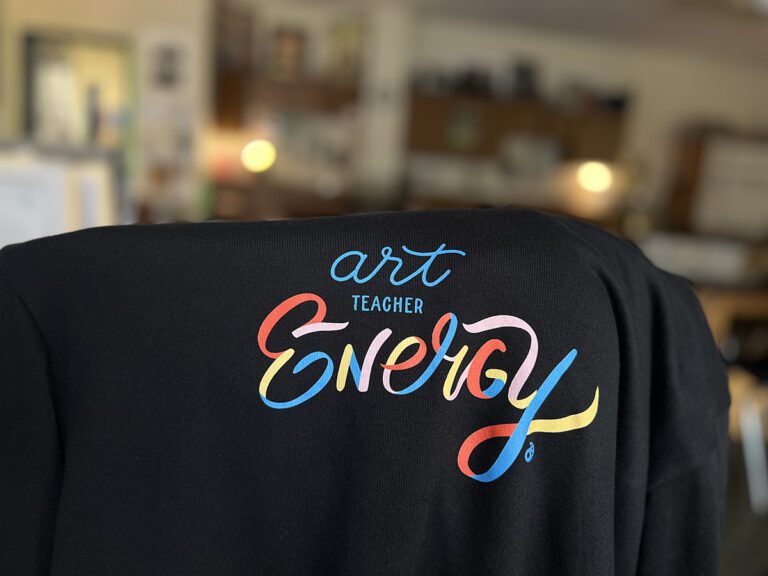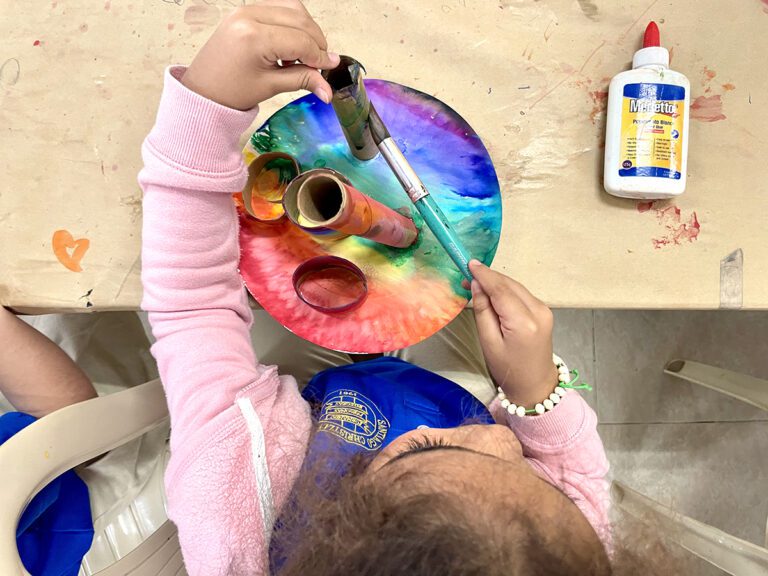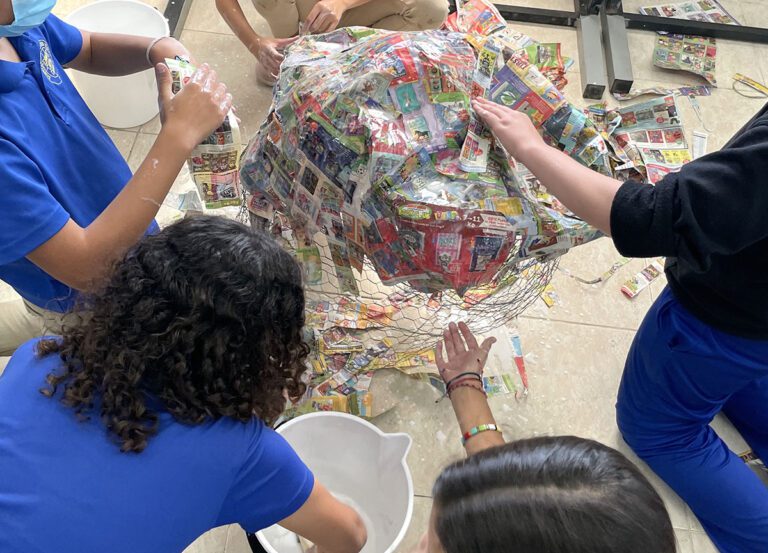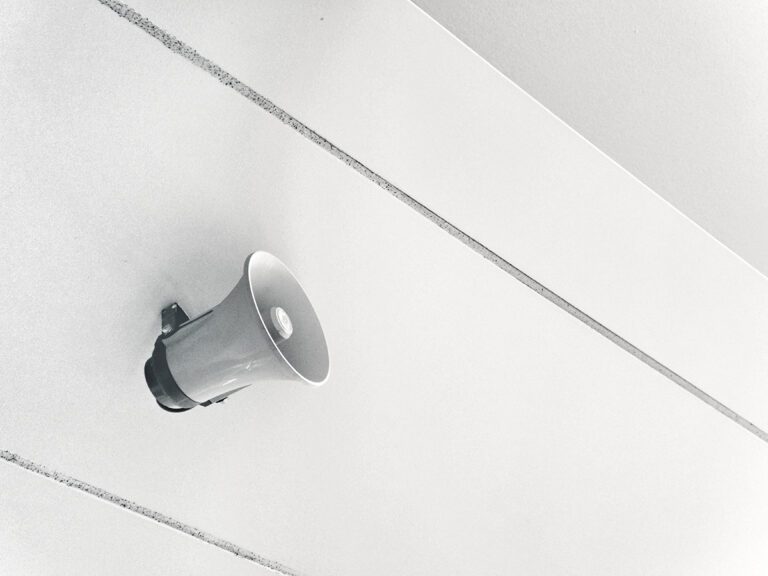If you’ve been teaching for more than five years, chances are many of the strategies you learned are no longer applicable. It’s not that these strategies weren’t effective, but they don’t all take into consideration our students today. Teaching ten years ago compared to today has changed dramatically, and each year it continues to change. What once worked with your students might not anymore.
Amongst these changes, teacher morale is low. The teacher shortage crisis is real. Maybe you’ve thought about quitting. Soon, we’ll start to see more repercussions in the public education system. So why are teachers leaving the profession at an alarming rate? Isn’t this what many of us thought we were born to do?
The True Pressures of Being a Teacher Today
The Workload is Too Much

It’s no surprise that 55% of teachers don’t want their children to follow in their career footsteps. The stress and pressure that comes from the job have become increasingly overwhelming. Long gone are the days of just teaching content. Teachers are expected to do more with less time and less financial support. Each year something more is added to our plates, but nothing is taken away. Some of those things are required of us, but they don’t even benefit our students. We are forced to check boxes because our administration tells us to, but do all of those things positively impact the learning environment? All of these extras can make teachers feel buried, leading to even more stress thinking about all the unfinished work yet to do.
The Public Doesn’t Understand What We Do
Educators don’t always feel valued and supported. We’re only molding the minds of our youth and trying to create good citizens for the future. But, that’s not enough, we’re still only teachers. How many times have you heard, “You’re a teacher? It must be nice to have the summer off!” or “You’re so lucky to have time off work during winter break!” While the time off is nice; what they don’t understand is that we’re not getting paid for that time. What they don’t understand is that we emotionally and physically need that time off to destress from the toll teaching takes on us. But, we often don’t get that time to focus on ourselves because we have to supplement that time off by finding another job to make ends meet.
Vaping in Schools
If you teach in a middle or high school setting, chances are you or a colleague has confiscated an e-cigarette. Remember when your biggest worry was if a student was texting in your class? In retrospect, that seems harmless because now you have students vaping in your classroom. Not only is it illegal, but it derails the learning environment and makes the teacher feel more like a law enforcement officer. Vaping in schools is becoming an epidemic. Students are dealing and selling, they’re getting passed around throughout the day, and many of our students don’t even know what’s inside of them. We know they’re not healthy, but it’s one more thing that takes away from our teaching.
Mental Health in Schools
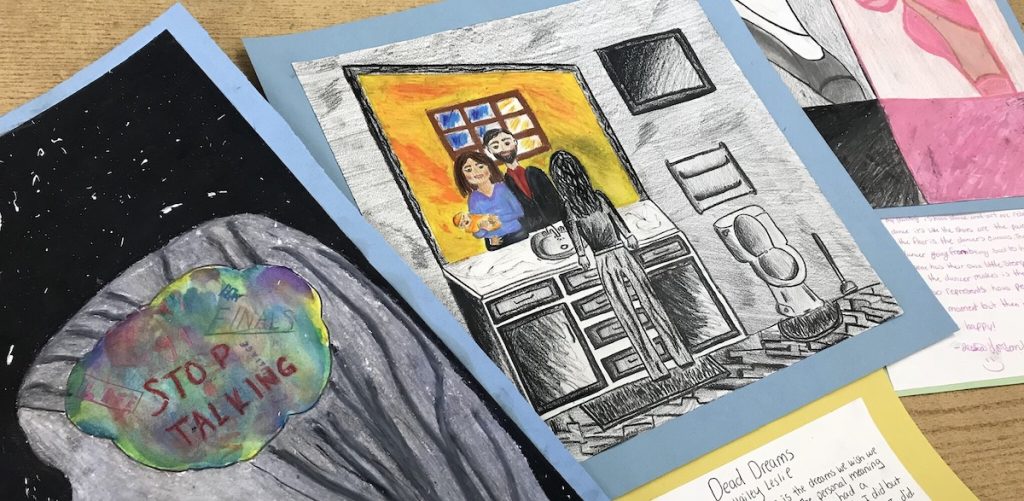
Mental health is important. It’s important that our students have the support they need and feel as if there isn’t a stigma around the topic. All teachers want to create a safe, supportive relationship for their students. This is why we got into teaching in the first place, we want our students to trust us, and they do. But, with that trust can come heavy issues. Have you ever had a student commit suicide? Have you been the teacher to call Child Protective Services? Have you seen evidence of self-harm? Have you ever had to call 911 in the middle of class?
These are all situations we’re forced to react to and encounter. We put on a brave face for our students because we know we have no other choice. We want what’s best for them, so we do what we can. But, are we equipped to handle these issues? We’re often trained to be able to identify the warning signs of our students who might be struggling, but are our school systems doing the same for teachers? Teachers care so deeply about their students that when these situations arise, they take it personally. We don’t always know how to cope, which in turn isn’t good for our overall well-being.
Increased Violence in Schools
50% of art teachers say that behavior management is what they struggle with most in their classroom. Those behavior implications aren’t what they once were. As a whole, schools are seeing increased acts of violence. These aren’t just coming in as threats, but we physically see it more in our hallways and classrooms. The nature of social media and what it does to our students is causing conflicts during the school day. It’s not uncommon for a teacher to break up a physical fight, which once again derails the learning environment and adds more pressure to teachers. Not to mention, the threat of not only physical violence but also gun violence in schools is real. Teachers are required to participate in active shooting drills, forced to rely on their instincts if a threat arises, and are faced with the fact that their life could end, just by doing their job.
Work Doesn’t Stop Just Because We Leave

Every teacher longs to have a job where if they’re going on vacation or have to call in sick that they can just leave work. Unfortunately, teachers know this isn’t a reality, and it takes more work and planning for us to create sub plans. And even though we might not physically be taking schoolwork home with us at the end of the day, we’re always on duty. You never know when you might get a frantic email from a student about an assignment late at night, or they might just be telling you something because they need someone to talk to. We’ll always respond because at the end of the day, the students are why we teach.
If you are feeling the pressures of being a teacher today, you aren’t alone. The job of a teacher is not always luxurious. But teachers—don’t be discouraged! Teaching is a great profession. It’s worth it because we do get to make a difference every day.
What pressures of teaching seem to take a toll on you?
How do you deal with self-doubt about teaching?
Magazine articles and podcasts are opinions of professional education contributors and do not necessarily represent the position of the Art of Education University (AOEU) or its academic offerings. Contributors use terms in the way they are most often talked about in the scope of their educational experiences.


